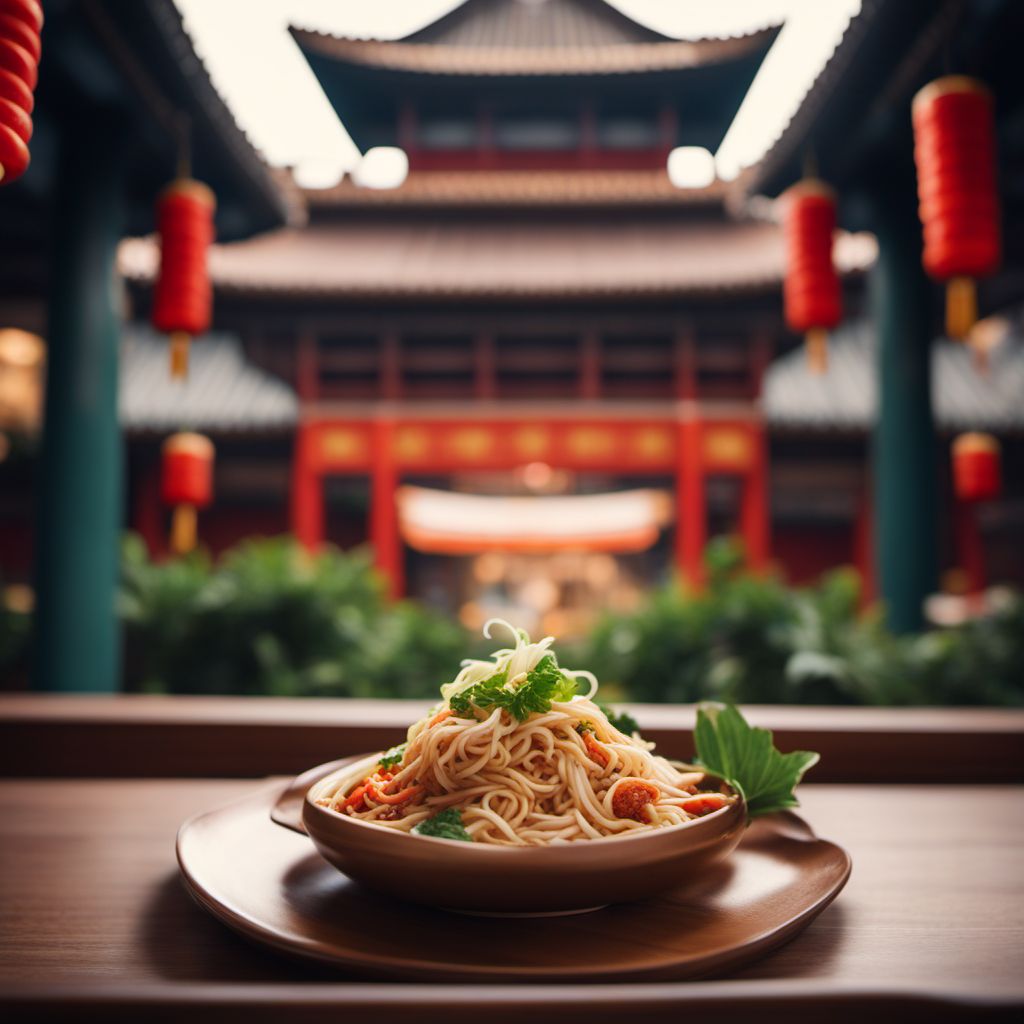
Cuisine
Cantonese cuisine
Cantonese cuisine is known for its emphasis on fresh, seasonal ingredients and its delicate, subtle flavors. It features a wide variety of dishes, including seafood, meat, and vegetable dishes. Cantonese cuisine is also known for its dim sum, a style of small, bite-sized dishes served in bamboo steamers.
Typical ingredients
Seafood, Pork, Chicken, Beef, Vegetables, Rice, Noodles, Soy sauce, Oyster sauce, Hoisin sauce, Sesame oil, Ginger, Garlic, Scallions
Presentation and garnishing
Dishes are often presented in an elegant, artistic manner that highlights the natural colors and textures of the ingredients. Garnishes may include fresh herbs, sliced vegetables, or edible flowers.
Dim sum is a popular style of Cantonese cuisine that features small, bite-sized dishes served in bamboo steamers.
More cuisines from this region...
Sichuan cuisine, Shanghai cuisine, Shanxi cuisine, Zhejiang cuisine, Putian cuisine, Shandong cuisine, Chiuchow cuisine, Teochew cuisine, Yunnan cuisine, Hakka cuisine
History
Cantonese cuisine has a long history dating back to the Tang Dynasty. It was heavily influenced by the region's proximity to the sea and its trade connections with other parts of Asia. Over time, the cuisine has evolved to include a wide variety of ingredients and cooking techniques.
Cultural significance
Cantonese cuisine is an important part of the region's cultural heritage. It is often served at important events and celebrations, such as weddings and festivals. The cuisine is also popular throughout China and has gained international recognition in recent years.
Health benefits and considerations
Cantonese cuisine is generally considered to be healthy, as it emphasizes fresh, seasonal ingredients and simple cooking techniques. However, some dishes may be high in sodium or cholesterol.
Cantonese cuisine dishes
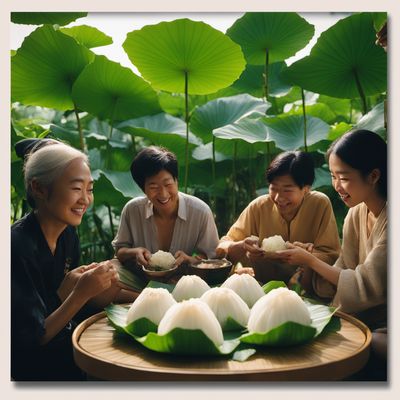
Lo mai fan
Sticky Rice in Lotus Leaf
Lo mai fan is a traditional Chinese dish that is typically eaten during dim sum or other special occasions. It is a savory, flavorful dish that is perfect for a family dinner...

Siu yuk
Roast Pork Belly
Siu yuk is a popular Cantonese dish that is made by roasting pork belly until it is crispy and golden brown. The dish is typically served with rice and a side of vegetables.
Cantonese cuisine recipes Browse all »
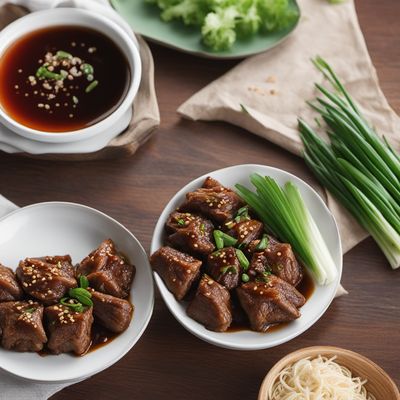
Cantonese-style Beef Bao
Savory Cantonese Beef Bao: A Fusion of Flavors
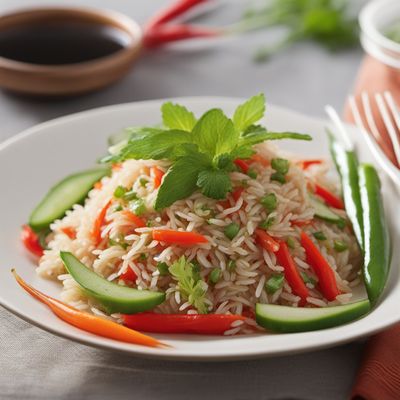
Cantonese-style Rice Salad
Crispy Rice Medley: A Cantonese Twist on a Classic Italian Salad

Cantonese-style Vegetable Pancakes
Savory Cantonese Pancakes: A Fusion of Flavors

Cantonese-style Akwadu with Fragrant Rice
Savory Cantonese Akwadu: A Fusion of Flavors
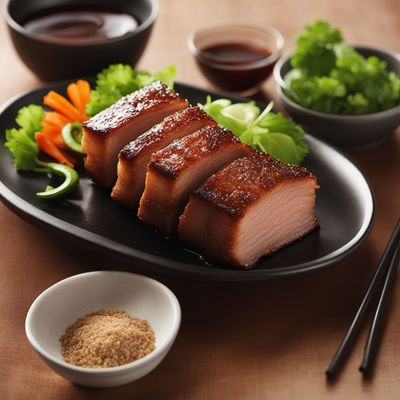
Crispy Roast Pork Belly
Golden Crispy Delight: Cantonese Roast Pork Belly
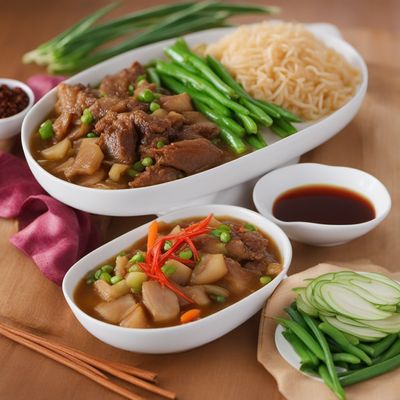
Cantonese-style Puchero
Savory Cantonese Stew: A Fusion of Spanish and Chinese Flavors
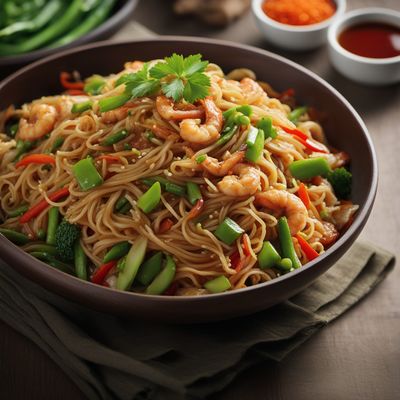
Cantonese-style Stir-Fried Noodles
Wok-Tossed Noodles: A Cantonese Delight
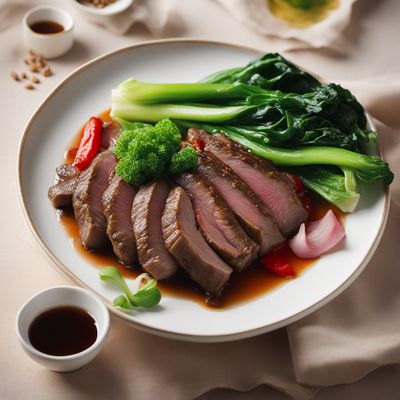
Cantonese-style Skomakarlåda
Savory Cantonese Shoebox Delight
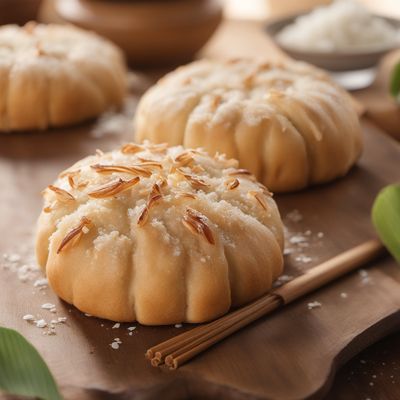
Cantonese-style Coconut Buns
Coconutty Delights: Cantonese-style Paifala
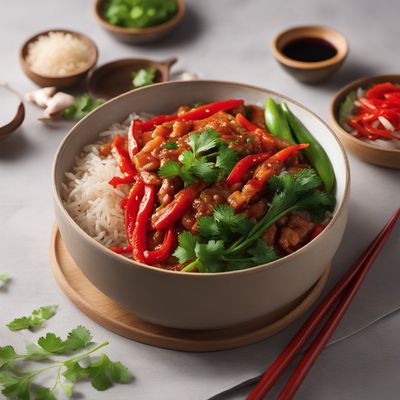
Cantonese-style Fermented Shark
Savory Shark Delight: Cantonese-style Fermented Shark

Crispy Fenugreek Fritters
Golden Delights: Crispy Fenugreek Fritters with a Cantonese Twist
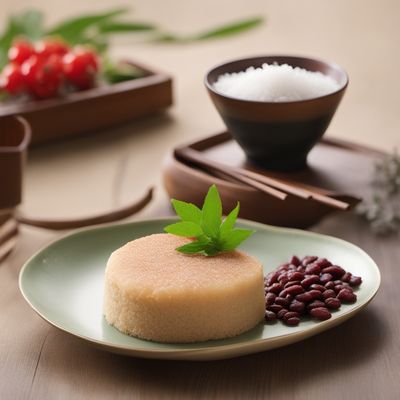
Cantonese-style Sticky Rice Cake
Golden Glutinous Delight: Cantonese-style Sticky Rice Cake